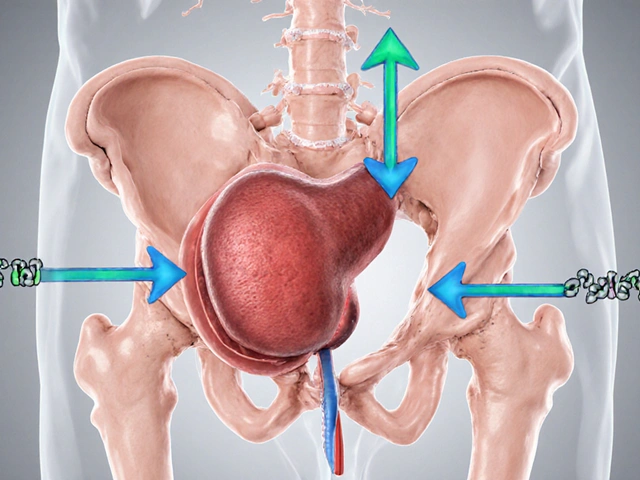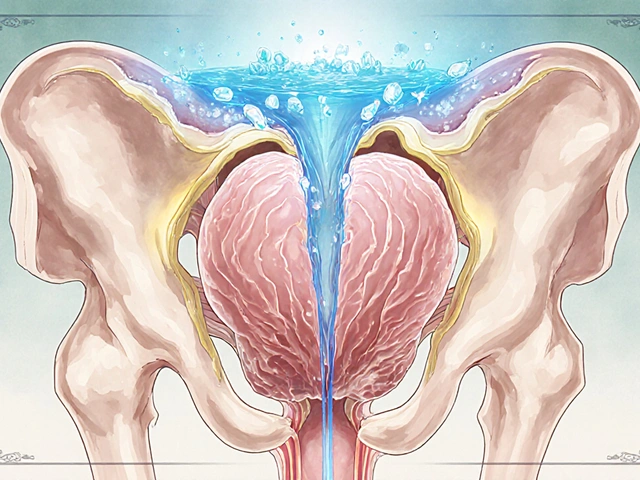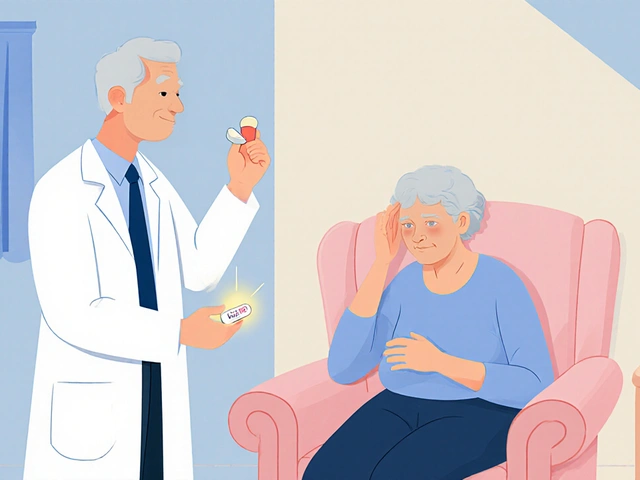Music Therapy: Benefits, How It Works, and Simple Tips
Ever notice how a favorite song can instantly lift your mood? That’s music therapy in action. It’s a proven practice where trained therapists use sound to help people manage stress, improve mood, and even aid physical recovery. You don’t need a fancy degree to start – just a willingness to listen and experiment.
What Is Music Therapy?
Music therapy isn’t just background music. It’s a structured session where a professional chooses rhythm, melody, and lyrics to match a specific goal – like lowering anxiety before a medical procedure or helping a child with autism express emotions. Studies show it can lower heart rate, reduce pain perception, and boost dopamine, the feel‑good chemical.
Practical Ways to Use Music Therapy Everyday
Want to try it at home? Start with a simple routine: pick a calm playlist, close your eyes, and breathe in time with the beat. Aim for five minutes before bed to improve sleep quality. If you’re feeling tense, try a fast‑paced track and move your body – dancing releases endorphins and helps clear mental fog.
Another easy hack is “musical grounding.” When anxiety spikes, play a song you love and focus on three details: the instrument, the tempo, and the lyrics. This pulls your mind away from worrying thoughts and into the present moment.
For chronic pain, researchers recommend listening to low‑frequency ambient music while practicing gentle stretches. The steady rhythm can distract the brain from pain signals and promote relaxation.
If you have a therapist nearby, a short session can teach you personalized techniques, like humming to regulate breathing during stressful events. Even a single session often leaves people feeling more in control of their emotions.
Kids respond well to rhythm games. Simple clapping exercises or drum circles help develop coordination and social skills. Parents can turn chores into a music‑filled activity – sing while cooking or cleaning to make the tasks feel less like work.
Remember, the key is consistency. Even a few minutes a day can add up, making you feel calmer, more focused, and physically healthier. So grab your headphones, pick a track that matches your goal, and let the music do its magic.
The Benefits of Music Therapy for Sickness Recovery
Discover the incredible healing power of music therapy for those experiencing sickness. This article explores how music can enhance mood, reduce stress, and improve overall well-being during recovery. Delving into the science behind it, you'll find practical ways to incorporate music therapy into daily routines. Learn about success stories and evidence supporting music as a potent tool for better health. Transform your recovery journey with these actionable insights on music's soothing capabilities.





